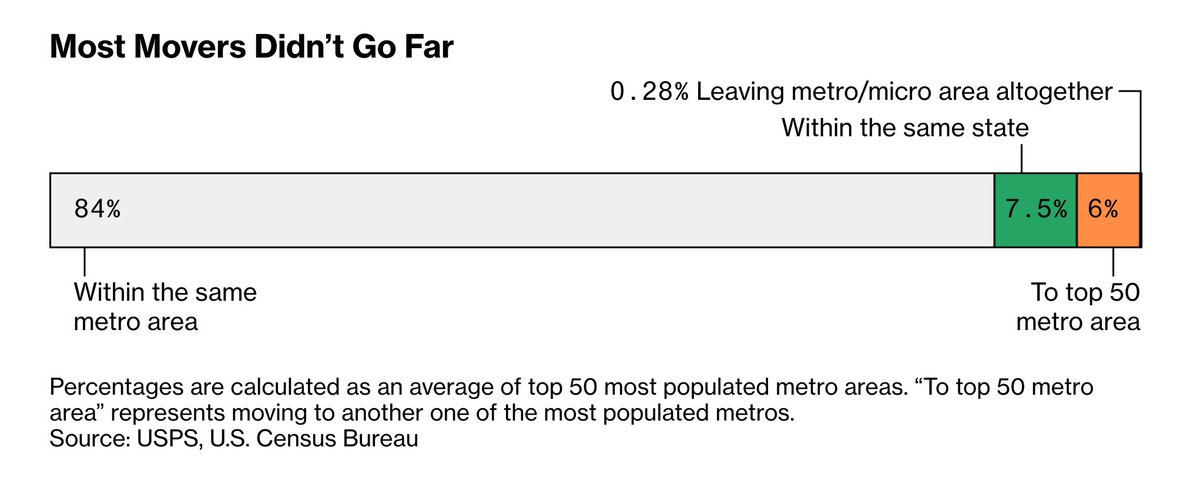
Homes are taxed as a function of their market value across much of the nation, but New York City's process is more complicated and problematic than most.
Hundreds of residents last year implored a special city commission to change the law: trib.al/ilH8H40
Hundreds of residents last year implored a special city commission to change the law: trib.al/ilH8H40
The 40-year-old state law that created the system was built to favor single-family homeowners over renters or commercial buildings.
It often hurts the low- and moderate-income owners of condos and co-ops
It often hurts the low- and moderate-income owners of condos and co-ops

Spiraling home prices have magnified inequities as residents face shocking property tax bills.
It's a reality forcing some longtime city residents into debt or to consider moving away.
Eric Adams, the new mayor, has vowed to prioritize the issue trib.al/6n6t8mH
It's a reality forcing some longtime city residents into debt or to consider moving away.
Eric Adams, the new mayor, has vowed to prioritize the issue trib.al/6n6t8mH
Journalists with @BloombergTax obtained homeowners' appeals through a public records request, and followed up with on-the-ground interviews with residents across New York City 







"I just find that living here is getting more and more difficult. I am going to have to work until I die," says Kathryn Donnelly, whose property taxes have tripled on her 1939 Cape Cod-style house in Kew Gardens Hills, Queens 

"I love my community," says Erik Frankel, a fourth-generation small business owner who lives above his store in Sunset Park, Brooklyn.
"We've been here 130 years. We want to stay here, but our tax burden is too great."
"We've been here 130 years. We want to stay here, but our tax burden is too great."

Two weeks after Marlena and Jesse Gage settled on their beachfront dream home in Seagate, Brooklyn, the tax bill arrived: $28,000.
"There was no warning," Jesse says. "Financially we weren't prepared for this."
"There was no warning," Jesse says. "Financially we weren't prepared for this."

When Kathleen Cox bought her home in Jamaica, Queens, her driveway was on a separate lot from her house, according to her deed.
Then, the city mistakenly classified the driveway as a "commercial garage" with a much higher tax burden.
"I'm just hoping for a miracle," she says.
Then, the city mistakenly classified the driveway as a "commercial garage" with a much higher tax burden.
"I'm just hoping for a miracle," she says.

Elena Imperato has tried to get an explanation of why taxes on the Staten Island co-op her grandfather built, which she now manages, continue to escalate.
She's tried for nearly 20 years.
"I just think it's so unfair," she says.
She's tried for nearly 20 years.
"I just think it's so unfair," she says.
Irwin Arieff wants to understand the tax assessments on his six-unit co-op in Murray Hill, Manhattan.
"You're comparing us to a neighborhood with really fancy buildings, where people have swimming pools and libraries and parking lots ... we don't have any of those things."
"You're comparing us to a neighborhood with really fancy buildings, where people have swimming pools and libraries and parking lots ... we don't have any of those things."

The New York City Department of Finance miscalculated Teresa McCarthy's total combined income, which disqualified her from city's senior citizen property tax exemption.
"Here I am a single widow trying to make it on my own," she says. "I was just angry."
"Here I am a single widow trying to make it on my own," she says. "I was just angry."

Before leaving office at the end of 2021, then-New York City Mayor Bill de Blasio recommended a set of reforms for the city's property tax system.
Here are some key proposals: trib.al/gjFlrUS
Here are some key proposals: trib.al/gjFlrUS

• • •
Missing some Tweet in this thread? You can try to
force a refresh






